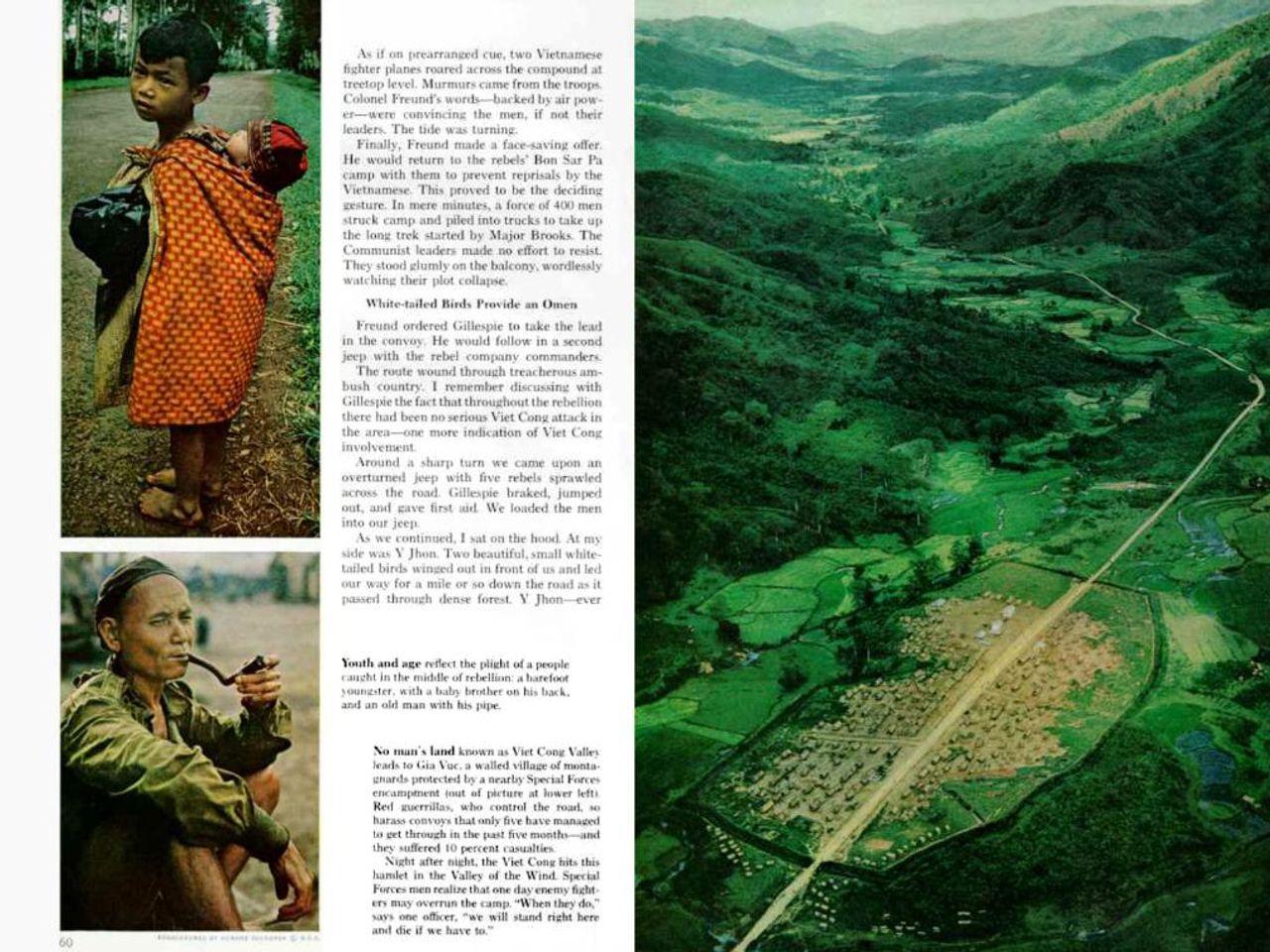Pahalgam Terror Attack: The Heat is on, Pakistan!
Diplomatic measures intensify between India and Pakistan - Commerce suspended, ports and airspace closed, river water circulation reduced, visa issuance ceased
Here's the deal: After the bloody Pahalgam terror attack on April 22 that took 26 innocent lives, India has kicked things up a notch in their diplomatic and strategic playbook against Pakistan. On May 3, New Delhi swung into action with a second wave of punitive measures, ratcheting up the pressure on Islamabad with an array of economic, political, and infrastructure-related moves.
India gets tough: A ban on Pakistani imports, a port embargo, and restricting water under the Indus Water Treaty
India has tightened the screws with a sweeping series of actions. The government's declared that no goods originating or exported by Pakistan can be directly or indirectly imported to India, effective immediately. The Directorate General of Foreign Trade (DGFT) announced this decision citing “national security and public policy” as the primary reasons.
Meanwhile, the Ministry of Ports, Shipping and Waterways has pulled the plug on Pakistani-flagged ships docking at Indian ports, and Indian ships from hitting Pakistani ports. "These decisions, taken in the national interest, will come into force immediately," the order stated, with exemptions being considered on a case-by-case basis.
And it doesn't stop there. India's also throttled back the flow of water to Pakistan from the Baglihar Dam on the Chenab River under the Indus Water Treaty framework. A senior Indian official stated that this is a short-term punitive action aimed at punishing Pakistan on all fronts.
India goes to the IMF: A reassessment of loans to Pakistan after the Pahalgam terror attack
Financial pressure's another tool in the box. India asked the International Monetary Fund (IMF) to reconsider its loan to Pakistan. With a stranglehold on trade, a postal service standoff, controlling the water flow, and now pressing the IMF, Pakistan's feeling the heat like never before.
Post-Pahalgam Attack: India's push to get Pakistan back on the FATF Grey List and object to IMF aid
The official told the Indian Express that limiting Punjab's agricultural water supply might convince Pakistan that India means business across all sectors. If this isn't enough, India's also planning to push for Pakistan's inclusion back on the Financial Action Task Force (FATF) Grey List, and to object to any aid from the International Monetary Fund (IMF).
India's airspace saga: A ban on Pakistani flights following the Pahalgam attack
Things escalated further after Pakistan closed its airspace to Indian carriers on April 24 following the Pahalgam attack. In retaliation, India issued a Notice to Airmen (NOTAM) on April 30, barring all Pakistani-registered and operated aircraft—commercial and military flights alike—from flying through Indian airspace until May 23.
A series of diplomatic curtailments and increased visa restrictions
The latest measures follow a first wave of diplomatic reprisals: the downgrading of Pakistan's diplomatic mission in New Delhi, closure of the Attari land border, bans on certain Pakistani YouTube channels, and suspensions of airspace access and bilateral trade, both direct and via third countries. Additionally, India started tightening its visa regime as of April 27, revoking 14 categories of visas for Pakistani nationals, including tourist, business, film, and journalist visas, among others. Medical visas were cancelled on April 30, and SAARC visa exemptions rescinded by April 26. All Pakistani nationals with valid endorsements were required to exit India via Attari by May 1.
So, Pakistan, buckle up. India's not mincing words and is ready to bring the heat with its diplomatic, economic, and strategic moves post-Pahalgam attack. When it comes to terrorism, India is drawing a line in the sand, and Pakistan had better take notice.
[Reference: The Indian Express]
Pahalgam Terror AttackPakistanTradeShare MarketStock Market QuotesIndia NewsBusiness NewsOur Website App
Enrichment Data:
Following the Pahalgam terror attack on April 22, 2025, where militants killed 26 people in Indian-administered Kashmir, India has taken several significant diplomatic and economic actions towards Pakistan amid heightened tensions. The attack was initially claimed by the Resistance Front (TRF), believed by India to be linked to Lashkar-e-Taiba, a Pakistan-based terrorist group sanctioned by the UN Security Council, though the group later denied involvement[2]. However, after four days of intense conflict, both nations announced a shaky cease-fire on May 10, 2025, marking a critical step to avoid further escalation and potential full-scale war[1]. Despite the cease-fire, the overall diplomatic environment remains fragile, with both sides dealing with domestic political pressures and mutual distrust. Experts have noted that prior lessons on managing escalation, such as those from the 2019 Balakot crisis, were insufficiently applied, and international mediation was delayed[1]. While the search results do not explicitly detail new economic sanctions or trade restrictions imposed by India on Pakistan immediately following the Pahalgam attack, the broader conflict context suggests economic strain due to military mobilization and disrupted cross-border trade. Historically, India has used economic measures as tools to signal disapproval and exert pressure during periods of heightened tensions, though specific recent actions post-Pahalgam are not detailed in the sources.
- The tightened Indian trade regulations have resulted in a prohibition on imports from Pakistan, with the Directorate General of Foreign Trade (DGFT) citing national security and public policy as the key reasons.
- In addition to the trade restriction, India has politically pressured the International Monetary Fund (IMF) to reconsider its loan to Pakistan due to the Pahalgam terror attack.
- Amidst the escalating diplomatic and economic actions, India plans to push for Pakistan's reinstatement on the Financial Action Task Force (FATF) Grey List and to object to any aid from the IMF.








